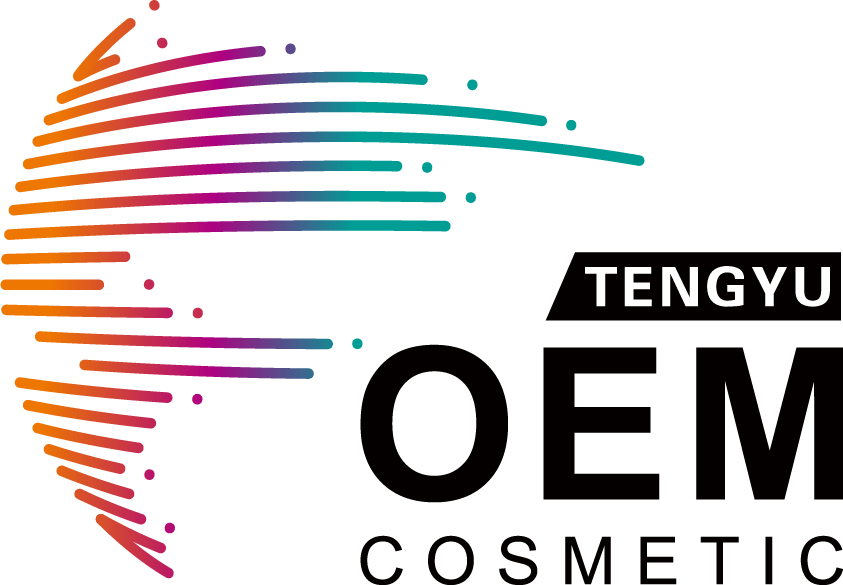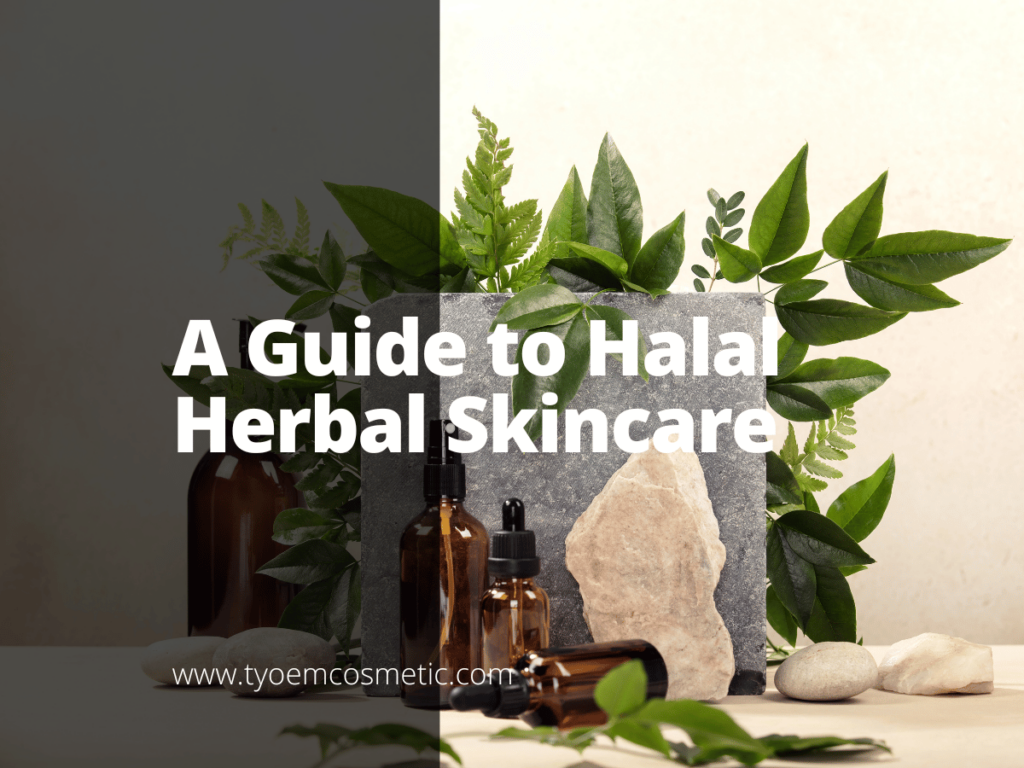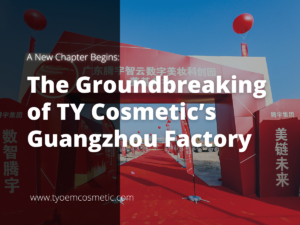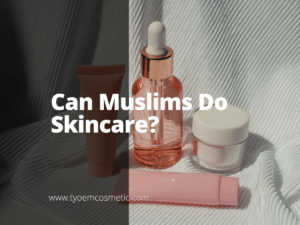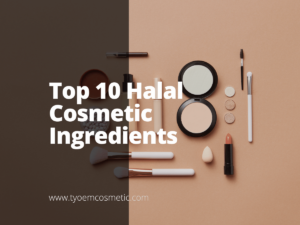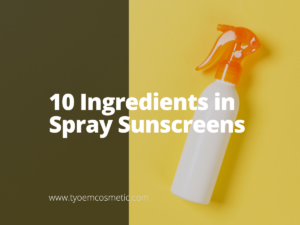Are you exploring the potential of integrating halal herbal products into your inventory? This emerging trend is reshaping how consumers approach holistic beauty.
With years of experience in herbal skincare, I bring deep insights into halal beauty products’ efficacies and market demands. My guidance is based on thorough research and industry standards.
Halal herbal skincare is about delivering purity and quality that resonates with a broad audience. These products make sure that they appeal to health-conscious consumers.
In this guide, you’ll learn about the key components of halal herbal skincare, market trends, and how to market these products to a discerning audience effectively.
Discover how halal herbal skincare can be added to your offerings!
1. Understanding Halal Herbal Skincare
Halal herbal skincare is gaining traction among businesses keen on offering products that align with ethical and health-conscious values. These products adhere to strict halal certification standards and harness the natural benefits of herbal ingredients. They’re crafted to meet both religious and personal care needs without compromising on quality or efficacy.
And here’s why that’s important: adopting halal herbal skincare lines can significantly enhance your company’s appeal to a diverse customer base. Consumers are increasingly looking for products that are both ethically produced and effective. TY Cosmetic believes that by incorporating these offerings, you position your business as a leader in innovation and responsibility.
2. Core Principles of Halal Herbal Skincare
Building on our understanding of halal herbal skincare, it’s clear that this niche is a reflection of thoughtful product development. Here are the foundational principles that guide this segment:
- Ingredient Purity: Halal skincare products do not contain any components deemed haram (forbidden) under Islamic law. This includes avoiding alcohol and certain animal-derived ingredients. It guarantees that the products are not only permissible but also pure and safe for all users.
- Ethical Manufacturing: The production process adheres strictly to ethical guidelines, ensuring fair labor practices and environmental stewardship. This commitment helps businesses strengthen their brand integrity and consumer trust.
- Holistic Wellness: Halal herbal skincare focuses on the well-being of the user, not just external beauty. Products are designed to promote healthier skin through natural ingredients that are gentle yet effective.
- Transparency and Certification: Every product within this category must be clearly labeled and certified as halal. This transparency is crucial as customers appreciate knowing exactly what they’re using.
3. Benefits of Halal Herbal Skincare
Following from the core principles already discussed, halal herbal skincare provides numerous benefits that are directly felt by consumers. Here’s why that’s important:
Superior Skin Health
Halal herbal skincare products are often richer in natural ingredients, and free from harsh chemicals and potential irritants found in conventional skincare. This results in better skin health, as these products are designed to be gentle yet effective, supporting the skin’s natural balance and function.
Ethical Assurance
If your clients are conscious about ethical consumption, these products offer peace of mind. Anyone will agree that knowing that the skincare they use is ethically sourced and produced without any exploitation aligns with their values of responsibility towards the environment and society. TY Cosmetic a Majelis Ulama Indonesia certified, ensures its products meet high ethical standards, reinforcing its commitment to humane practices.
Suitability for Sensitive Skin
With the absence of alcohol and other harsh ingredients typically restricted under halal guidelines, these skincare products are ideal for those with sensitive skin. Amazing, right? They minimize allergic reactions and other skin issues, which is often a concern with more chemically intensive products.
Spiritual Compliance
For practicing Muslims and others interested in spiritually compliant products, halal herbal skincare ensures their beauty regimen aligns with their religious and ethical beliefs. This commitment embraces a lifestyle that respects all aspects of purity and wellness. According to Forbes, with an estimated 3.85 million practicing Muslims in America alone, the demand for products that meet these comprehensive standards is significant.
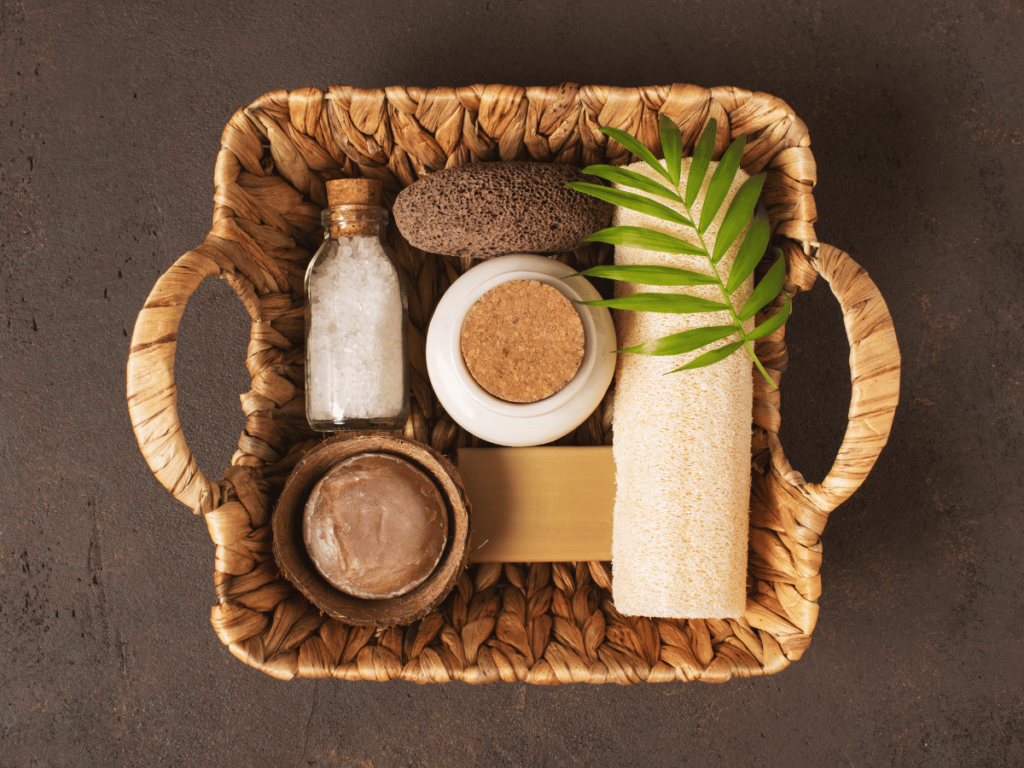
4. Key Herbal Ingredients and Their Properties
Following the discussion on the benefits of halal herbal skincare, it’s clear that these advantages are largely derived from their natural components. Here are some key herbal ingredients and their properties:
Aloe Vera
Widely known for its soothing and healing properties, aloe vera is a staple in skincare. For instance, it hydrates the skin without feeling greasy and helps in treating various skin conditions, including burns, acne, and dry skin. This makes it an excellent ingredient for halal products aiming to soothe and nourish sensitive skin. And the best part is, it’s incredibly versatile, suitable for almost all skin types and conditions.

Tea Tree Oil
This powerful ingredient is celebrated for its antibacterial and anti-inflammatory properties. Tea tree oil works wonders on acne-prone skin by reducing redness, swelling, and inflammation. It can also help prevent and reduce acne scars, leaving the skin smooth and clear. It’s also great for scalp health, helping to treat dandruff and promote hair growth.
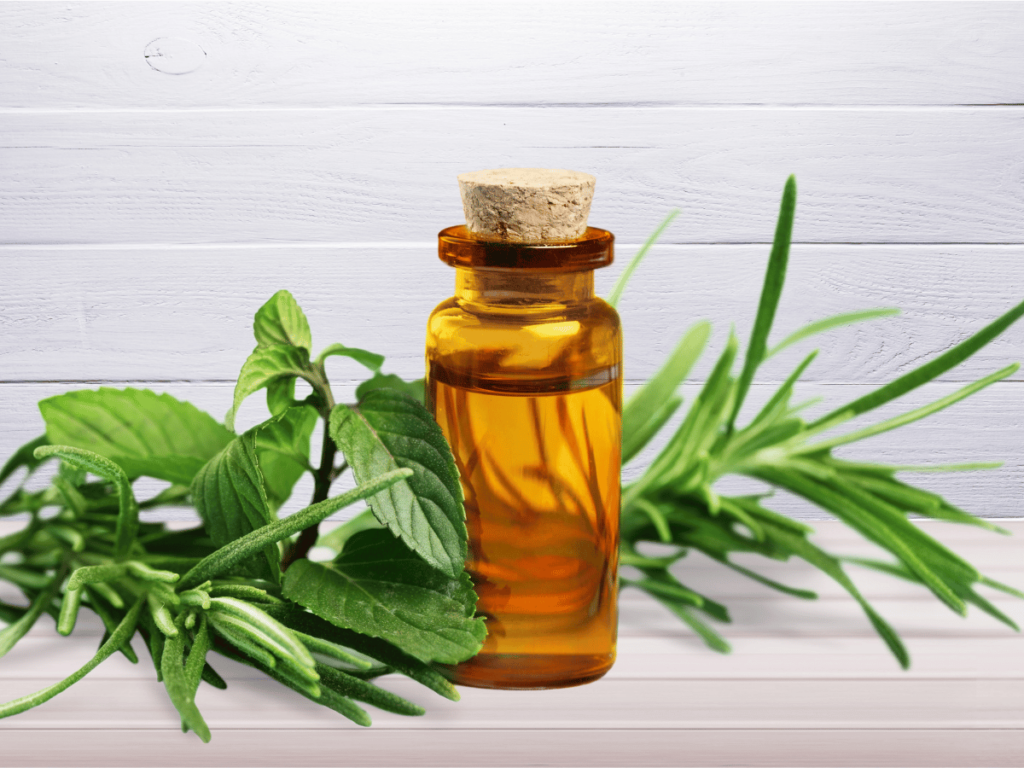
Chamomile
Known for its calming effects, chamomile is perfect for reducing skin irritation and protecting the skin against free radical damage due to its antioxidant properties. This herb is particularly beneficial for those with sensitive skin, as it gently soothes and moisturizes without causing irritation. Chamomile also enhances the skin’s natural glow, making it a popular choice for natural skincare formulations.
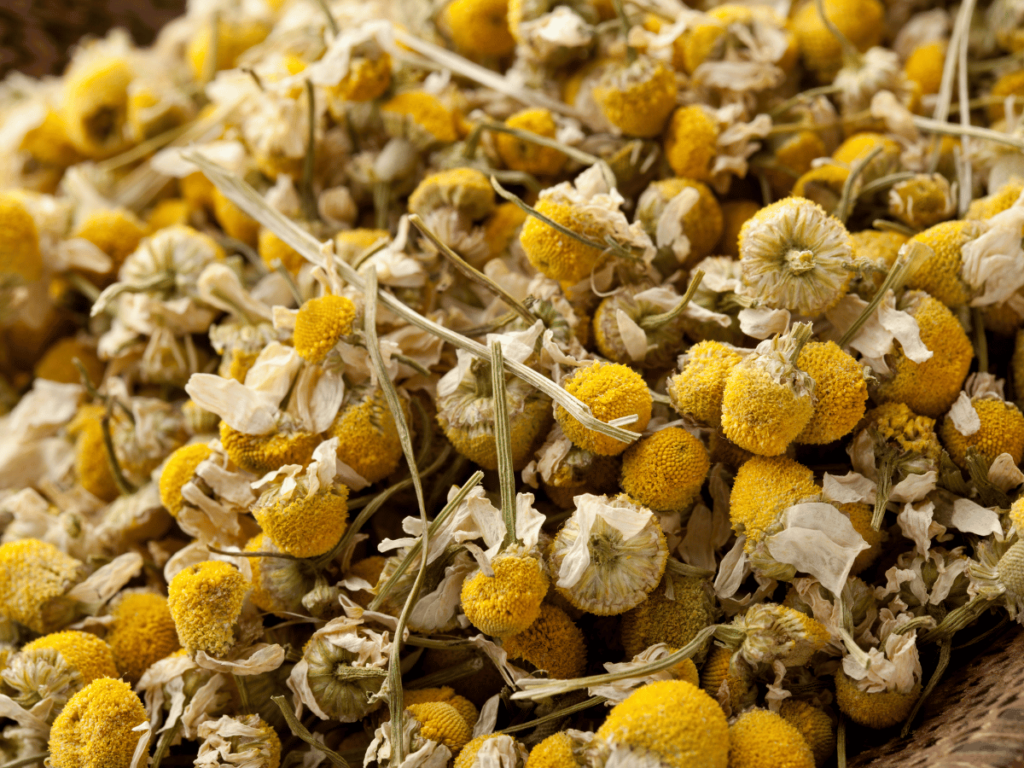
Turmeric
A key herb in the skincare industry, turmeric has curcumin that boasts strong anti-inflammatory and antioxidant properties. It enhances skin complexion and naturally reduces pigmentation, brightening the skin tone. Additionally, its antibacterial nature helps combat pimples and breakouts. Turmeric is also known to reduce the appearance of wrinkles and boost the skin’s overall health.

5. Challenges Facing the Halal Herbal Skincare Industry
Building on the discussion of key herbal ingredients and their benefits, it’s evident that incorporating these into halal skincare products offers significant advantages. However, here are the main challenges the industry faces:
Certification and Compliance
Navigating the certification process to verify that products meet halal standards can be complex and costly. The criteria vary significantly across different regions, which can confuse manufacturers trying to comply with international standards. TY Cosmetic understands that this challenge is crucial because any misstep in certification can erode trust and brand reputation.
Supply Chain Integrity
Ensuring the integrity of the supply chain is another significant hurdle. From sourcing halal-compliant ingredients to maintaining purity during manufacturing, the entire process requires meticulous oversight. Another problem is that the scarcity of suppliers who can meet these stringent standards often leads to higher costs and potential production delays.
Consumer Education
Despite the growing demand, there is still a significant gap in consumer understanding of what halal skincare truly entails. Many consumers are unaware of the benefits or why these products might be superior to standard options. Engaging and educating consumers is essential, but it requires effort and resources to effectively communicate these points.
Here’s a table focusing on the strategies and benefits of consumer education about halal skincare products:
| Strategy | Description | Benefit |
| Informational Campaigns | Launch campaigns that clearly explain what halal skincare is and its benefits over standard products. | Educates consumers on the ethical and purity standards of halal skincare. |
| Transparency in Ingredients | Provide detailed information about the ingredients used and their sourcing. | Assures consumers of the product’s quality and ethical sourcing. |
| Engagement Activities | Host workshops, webinars, and in-store demonstrations to directly engage with consumers. | Allows consumers to experience the product firsthand and ask questions. |
| Use of Social Media | Utilize platforms like Instagram, Twitter, and Facebook to spread awareness and educate consumers. | Engages a broad audience quickly and cost-effectively. |
| Collaborations with Influencers | Partner with influencers who can educate their followers about the benefits of halal skincare. | Leverages the trust and authority of popular figures in the beauty industry. |
| Educational Materials | Distribute brochures, flyers, and online resources that detail halal skincare advantages. | Provides ongoing reference material for consumers interested in halal products. |
6. 3 Tips When Considering Herbal Halal Skincare Products
Reflecting on the challenges within the halal herbal skincare industry, those interested in these products should be well informed to make the best decisions. Here are some specific tips to guide your choices:
#1 Verify Halal Certification
Always look for official halal certification on packaging or product descriptions. This certification should come from a recognized and reputable Islamic body such as the Islamic Services of America or the Halal Certification Services. Confirming this guarantees the products meet all religious compliance standards necessary for halal designation, thereby safeguarding your brand’s integrity.
#2 Scrutinize for Non-Halal Substances
Pay close attention to the ingredient lists on products. For instance, ingredients should be clearly labeled and free from alcohol, harsh chemicals, and any animal-derived substances not permitted under halal regulations. Opt for products with natural and organic ingredients, which often align with the holistic health benefits of halal herbal skincare, and ensure these ingredients are sustainably sourced.
#3 Assess Skin Sensitivity and Efficacy Ratings
Choose products that have been tested for skin sensitivity and effectiveness, ideally rated 4 stars or higher by consumers. Products should have ratings or reviews that indicate they are suitable for sensitive skin types and are effective in delivering the skincare results they promise, which enhances customer satisfaction and brand loyalty.
Dive Deeper Into Our Resources
For some insightful reads, we’ve curated a list of recommended articles just for you:
Still haven’t found what you’re looking for? Don’t hesitate to contact us. We’re available around the clock to assist you.
Conclusion
Halal herbal skincare is more than a trend; it’s a commitment to purity and wellness that resonates deeply with today’s conscious consumers. TY Cosmetic specializes in providing top-quality halal herbal skincare products that meet these rigorous standards. Our offerings are designed to help your business cater effectively to a growing market that values ethical and health-conscious choices.
This guide has outlined the importance of embracing halal herbal skincare solutions. By partnering with TY Cosmetic, you can ensure your product lineup is not only diverse but also aligns with the ethical and religious beliefs of millions. Contact us today to discover how we can help you expand your skincare offerings with confidence.
